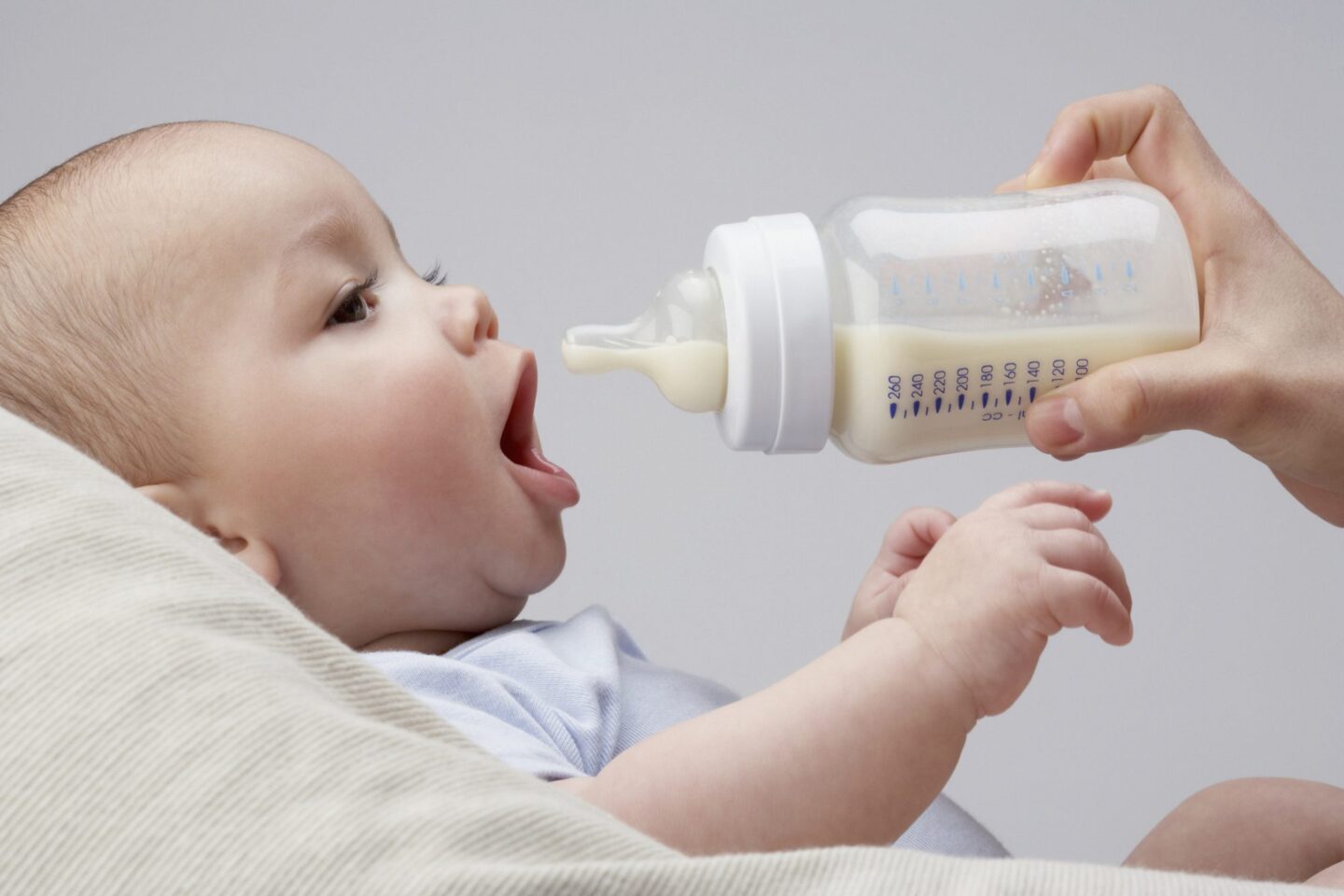Gut health has been linked to everything, from the condition of our skin to our overall mental health. So, if we already know that there’s a huge benefit to adults taking probiotics to help keep their body and mind in tip top condition, could baby probiotics do the same for our little ones?
There are plenty of child-friendly supplemens on the market these days, but like most mums we’re always wary about exactly what we’re putting into our children’s bodies. So, in order to find out more, we caught up with Amanda Williams, Nutritional Therapist and CEO at CYTOPLAN; Pioneers in Food-based and Wholefood Supplements to discuss the topic of baby probiotics and keeping our children’s gut health in check.
What are the benefits of probiotics for children?
The more we learn about the ecosystem of bacteria living inside us, the more we realise that nurturing the good bacteria in our gut can have positive effects on our health. Research now suggests that having a healthy microbiome in infancy can support both healthy growth and development, as well as safeguarding health in later years, and a probiotic supplement can help to positively affect the balance of bacteria during this time.
This is most important if a child has had any disturbance to the GI tract such as a course of antibiotics or a bout of diarrhoea. Having healthy gut bacteria can also help to reduce the risk of atopic conditions such as eczema and asthma.

How would I know if my toddler needs a probiotic supplement, are there any symptoms?
Harmful bacteria in the gut has been shown to contribute to well-known symptoms, typical in babies, such as colic, allergies and digestive issues – and probiotics have been shown to decrease these symptoms. Maintaining a diverse microbiome is also a vital part of our immune health, with approximately 70% of our immune system residing inside the gut; symptoms such as frequent colds and illnesses may suggest that your toddler could benefit from taking a probiotic. Equally if your toddler has had to have a course of antibiotics, a probiotic is very beneficial for helping to restore a healthy balance of friendly bacteria at the end of the course.
Should I give my child a probiotic even if they’re not displaying signs of an unhealthy gut?
A healthy bacterial balance can easily be affected or disturbed by many factors including delivery mode (C-section), formula feeding, poor diet and antibiotic use so if your child has experienced any of these factors a probiotic could help to rebalance the microbiome.
Are baby probiotics different from adult’s?
Not all probiotic strains are suitable or relevant to the baby microbiome. It is important therefore to select a probiotic that is safe, effective, and specific to the requirements. For example, babies’ digestive systems contain a high proportion of Bifidobacterium to help with the digestion of milk. Research on one particular strain, Bifidobacterium animalis has shown that it helps to support gastrointestinal health in infants aged 2 months and older and could promote a favourable gut flora. It has also been shown to help relieve abdominal discomfort, such as bloating and constipation. The most important and distinguishing difference between adult and infant probiotics is the level of quality control in the manufacture of the product. Product for infants have a much higher level of QC required and in fact the level is so high, there are only a handful of products in the UK approved for use in infants. Cytoplan’s Baby Biotic is one of these approved probiotics.

Do I need to consult my GP before giving my child a probiotic?
While probiotics could benefit healthy children and infants, I would always recommend consulting with your GP if your child has any ongoing illness.

Just a group of real women dealing with life’s daily struggles! Want to write for us? Email: hello@thedailystruggle.co.uk